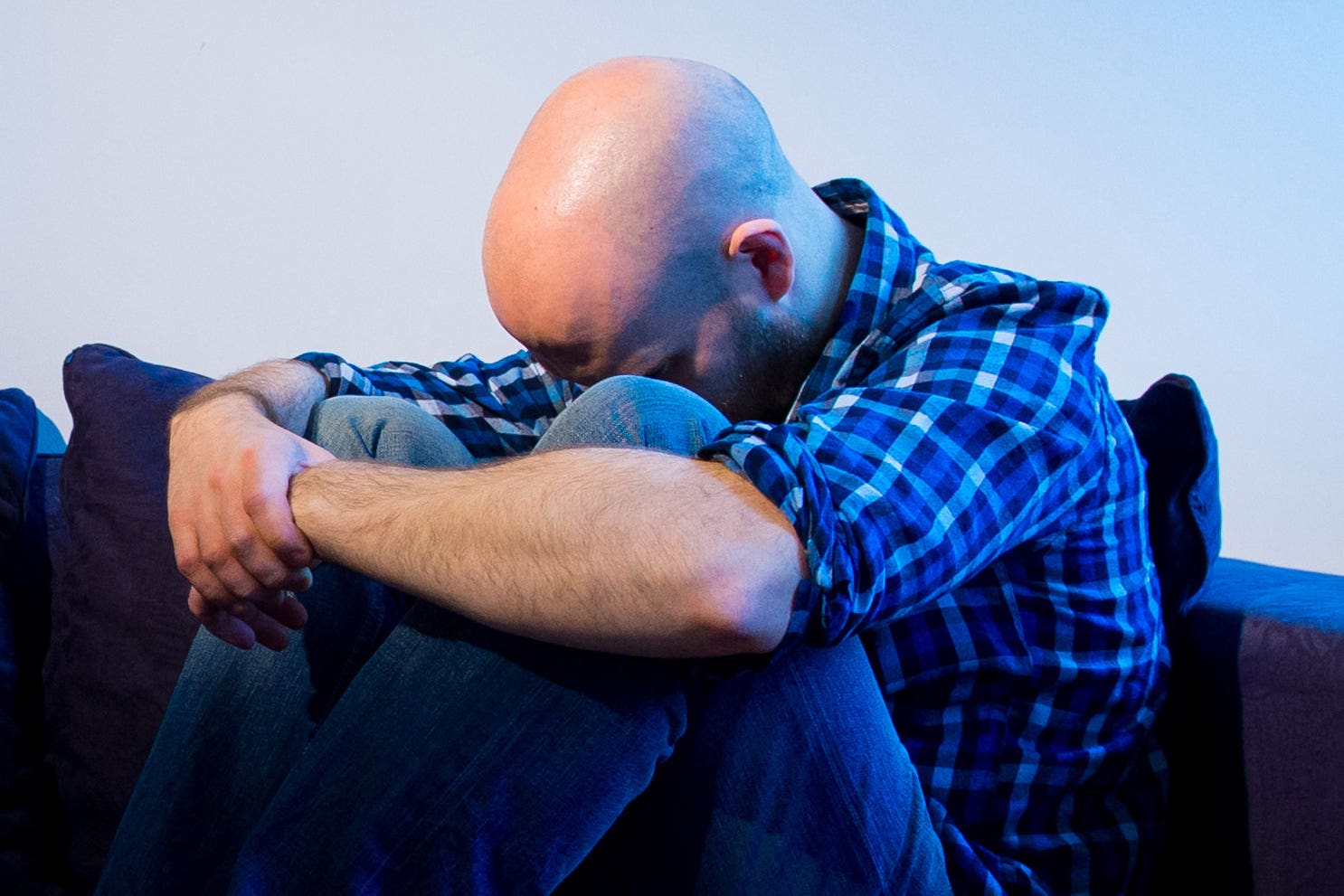People with bipolar ‘face decade-long wait to get diagnosed’
Estimates suggest more than one million people have bipolar in the UK.

Your support helps us to tell the story
From reproductive rights to climate change to Big Tech, The Independent is on the ground when the story is developing. Whether it's investigating the financials of Elon Musk's pro-Trump PAC or producing our latest documentary, 'The A Word', which shines a light on the American women fighting for reproductive rights, we know how important it is to parse out the facts from the messaging.
At such a critical moment in US history, we need reporters on the ground. Your donation allows us to keep sending journalists to speak to both sides of the story.
The Independent is trusted by Americans across the entire political spectrum. And unlike many other quality news outlets, we choose not to lock Americans out of our reporting and analysis with paywalls. We believe quality journalism should be available to everyone, paid for by those who can afford it.
Your support makes all the difference.People with bipolar face a decade-long wait to get diagnosed and can end up stuck on the wrong treatment, experts have said.
The mental health condition, which affects writer and broadcaster Stephen Fry and actress Catherine Zeta-Jones, leads to extreme changes in mood and energy levels which are far beyond most people’s experiences of feeling happy or down.
Estimates suggest more than one million people have bipolar in the UK, but many spend years misdiagnosed or without a diagnosis at all.
People can be told they have depression and spend years on antidepressants, while key treatments such as lithium and lamotrigine are under-used.
In a new report, the Bipolar Commission said young people are twice as likely to test positive for bipolar as others, with onset of the disorder generally between the ages of 15 and 25.
Many will be treated for depression or could be labelled as having teenage angst but are actually “slipping under the radar” for a bipolar diagnosis.
It said other reasons for a delay in diagnosis include a lack of psychiatrists, medics not asking people about previous periods of hypomania (over-active and excited behaviour), and a reluctance by patients to get a diagnosis of bipolar due to stigma.
The report, which brings together academics and other experts in the field, said that, overall, people face a “dangerous” delay in getting diagnosed, with an average wait of 9.5 years.
During this time, just over one in three people with bipolar say they attempt suicide because of the delay, while people who are not accurately diagnosed are much more likely to end up with repeat hospital admissions.
Our conclusion is that the episodic care that people are receiving just isn't working
Figures in the study suggest 56% of people with bipolar do not have a diagnosis, while 60% are not receiving specific bipolar treatment or support.
And even when people are diagnosed, the current way patients are treated – where they have access to a GP but are only referred to a psychiatrist if they become very unwell – is not working, according to the report.
Professor Guy Goodwin, emeritus professor of psychiatry at the University of Oxford and co-chairman of the Bipolar Commission, told a briefing: “Our conclusion is that the episodic care that people are receiving just isn’t working.
“Psychiatric services see people when they are acutely ill… but, once recovered, people are discharged back to the care of their general practitioner.
“And that model we simply think doesn’t work.”
He said there is “under-prescribing of some of the treatments that we would like to see used a little more frequently than they are.
“That includes the gold standard treatment, which is lithium. There’s evidence that it’s use is tending to fall…”
According to the study, bipolar is estimated to cost the UK economy about £20 billion a year and represents 17% of the total burden of mental illness, while depression represents 23%.
The report included more than 100 one-to-one interviews and more than 7,000 survey responses from people living with bipolar.
It said having bipolar increases the risk of suicide by 20 times and at least 5% of all suicides are by people living with bipolar.
Relapse rates are high, with 98% of people surveyed saying they have relapsed at least once and 52% have been admitted to hospital.
Despite relapsing, a third of people surveyed said they had not been offered any psychological therapies and many had not been given support in preventing further relapses.
Bipolar was also found to have an impact on obesity, with 44% of people surveyed with bipolar being clinically obese – far higher than the national average.
People with bipolar are asking for something very simple
The experts said that, in order to reduce diagnosis times, bipolar screening should be ingrained in primary and secondary NHS care, while there should be specialist training in spotting the condition.
They added: “People with bipolar are asking for something very simple – a clinician who knows them, who is an expert in bipolar and who will work with them for years to manage the condition well.”
Triggers for bipolar can include not getting enough sleep, though the condition is thought to be down to genetics.
It can be made worse by experiences, such as abuse or neglect in childhood.